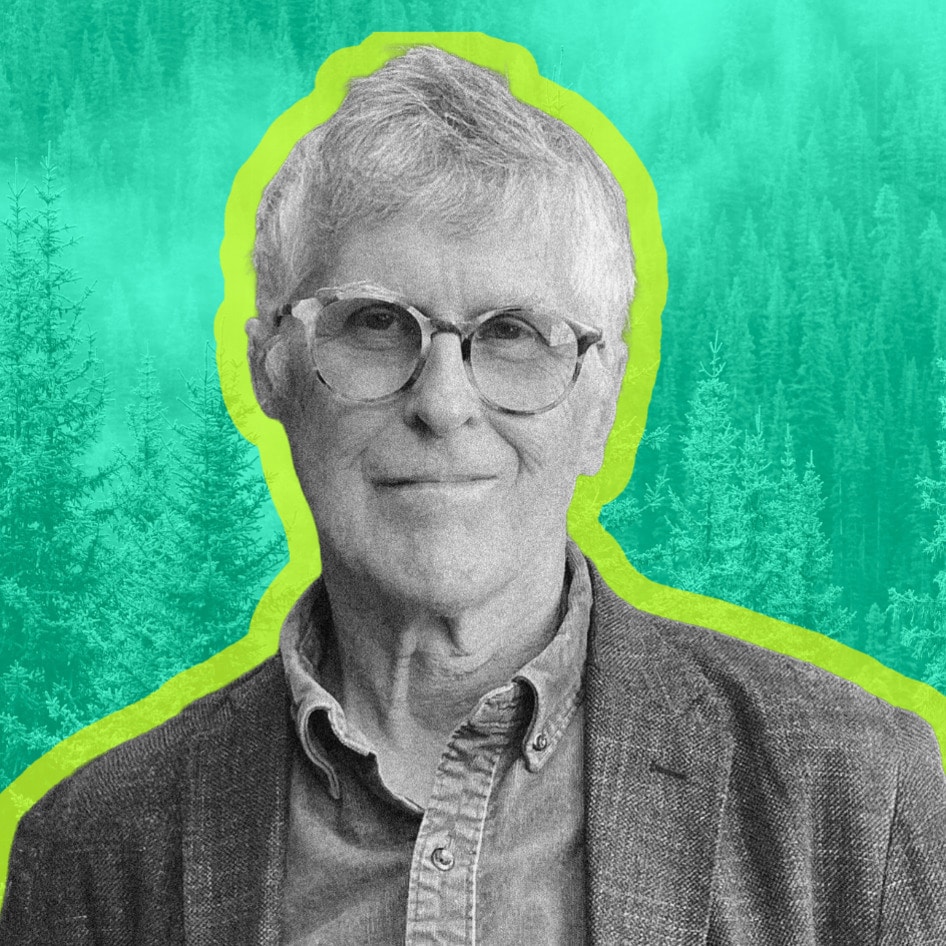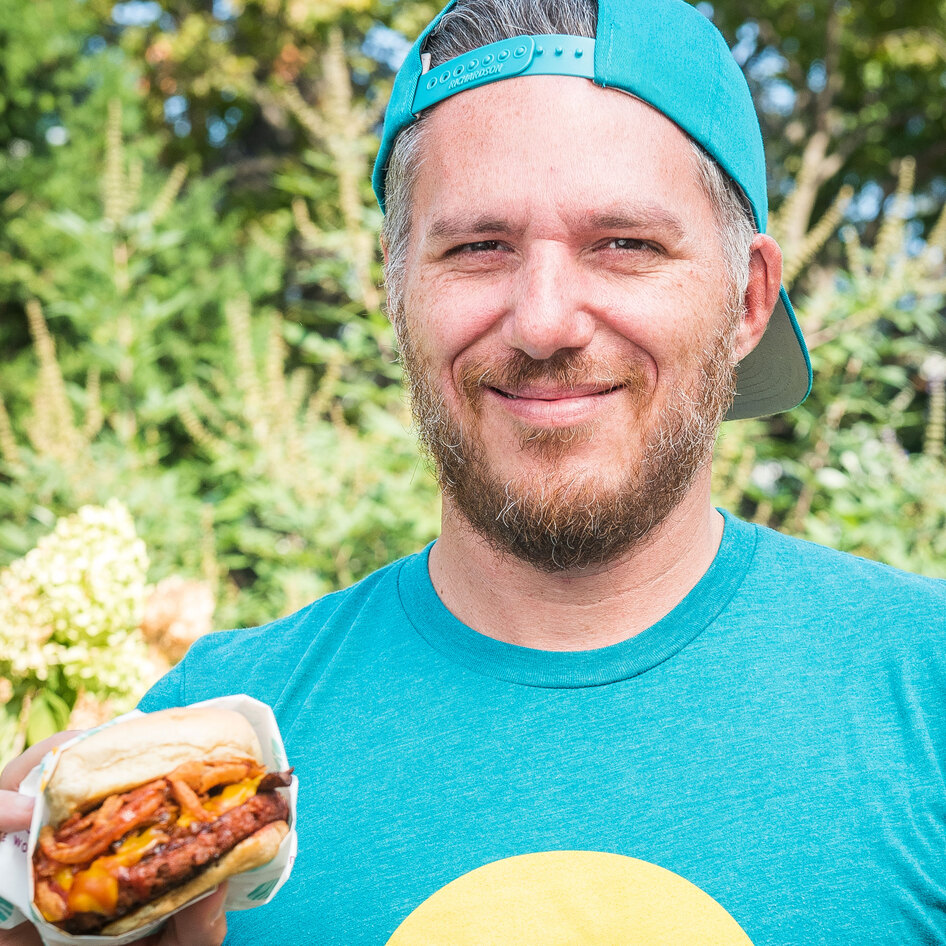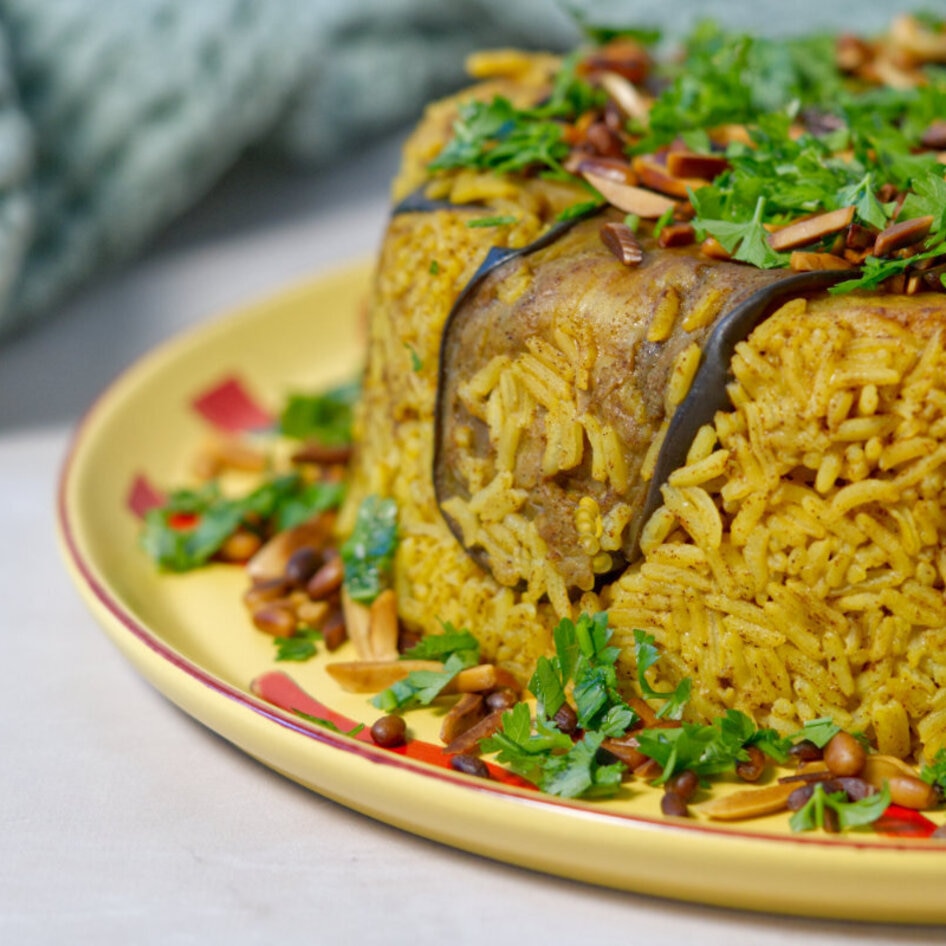Interview with Jonathan Safran Foer on Eating Animals and More
Amidst the buzz of his latest book, Jonathan Safran Foer talks shop on eating, ethics, and good writing.
October 31, 2009
With two bestselling novels under his belt, one of which made its way to the movie screen, Jonathan Safran Foer has taken a detour to the world of non-fiction. Eating Animals serves as a discussion on Foer’s personal ethical journey and his need to discover the truth behind one of America’s biggest industries—animal agriculture. Inspired by the birth of his son, Foer spent three years diligently researching, philosophizing, and chronicling his entire experience in this thoughtful, eloquent volume. Foer talked with VegNews about his latest masterpiece, vegetarianism, and his secrets to writing success.
VegNews: There has been huge buzz surrounding your New York Times Magazine article, modeled on Eating Animals. Following the NYT’s shocking exposé about E. coli, your piece further advocated against meat to a mainstream audience. What are your thoughts on the progress of vegetarianism?
Jonathan Safran Foer: Between 25 and 30 percent of Americans now are vegetarian, vegetarian-leaning, or vegetarian-inclined. Those aren’t exactly clearly drawn lines, but the notion of trying to eat less meat being good for us … has totally infiltrated every part of America. In the last couple of years, there’s been a really dramatic movement, which you can either describe as being away from factory farming, or towards vegetarianism. In my book, I argue that those are very similar movements. Too much energy is spent distinguishing between those two things when in fact, I met lots and lots of farmers in the last three years, and the ethic that family farmers espouse has so much overlap with the PETA ethic.
VN: Do you think working with these local farmers and trying to find allies will help eliminate factory farming?
JSF: Well, one can move in many directions at once. I think it’s clearly what most of the big players in the movement have chosen … I would never eat a product of some of the very best farms I went to, but I would also have a hard time putting all my energy into arguing against them. I went to farms where—in a very objective, straight-forward way—I have to admit they treat their animals better than I treat my dog. But of course, I don’t kill my dog at the end. Now there’s still a reason I wouldn’t eat what they make. A large part of that is because I think by eating any of it, you’re implicitly endorsing factory farming.
VN: What do you think is keeping people from making the connection of factory farms to the meat on their plates?
JSF: Peoples’ responses to food, the reason they take it so emotionally and so many smart, informed people continue to eat this stuff—it’s not because they’re ignorant, it’s not because they’re evil. It’s because there’s a large component of our decision-making that isn’t reasonable. The challenge is to persuade people, or show people, even those parts that aren’t reasonable, things like cravings, are actually better satisfied by not eating them.
I think the better way to talk about it is like a series of these choices. Like how can one try to make the best choice as often as possible? The “best” meaning the choice that is in line with their values. Despite the array of values that Americans have, if everyone ate his values, nobody would eat factory farmed meat. And I think, frankly, very few people would eat any kind of meat. Nobody’s values lead them there. It’s only forgetfulness.
VN: Where do you get your inspiration for your work?
JSF: To me, it’s much more about will—facing the blank page and having your self-confidence tested, being made to feel self-conscious or vulnerable, dumb, and all the other things that writing regularly forces you to feel, and forcing words onto the page. What I find most inspiring, rather, what I appreciate most about writing is that it’s not something magical.
VN: Your fiction features veg characters—is this a conscious decision?
JSF: It just came quite naturally to me. My politics, or worldly concerns, don’t really get into my fiction. I don’t want them to. Fiction is a place, and should be, independent of all that stuff.
VN: What advice would you give to beginner writers?
JSF: Not to think of yourself as a beginner writer. When you decide you want to write, you’re a writer. That’s it. There’s no such thing as an aspiring writer—it doesn’t make any sense. Put your head down and make your writing something that’s separate from the world.
JUMP TO ... Latest News | Recipes | Guides | Health | Subscribe







